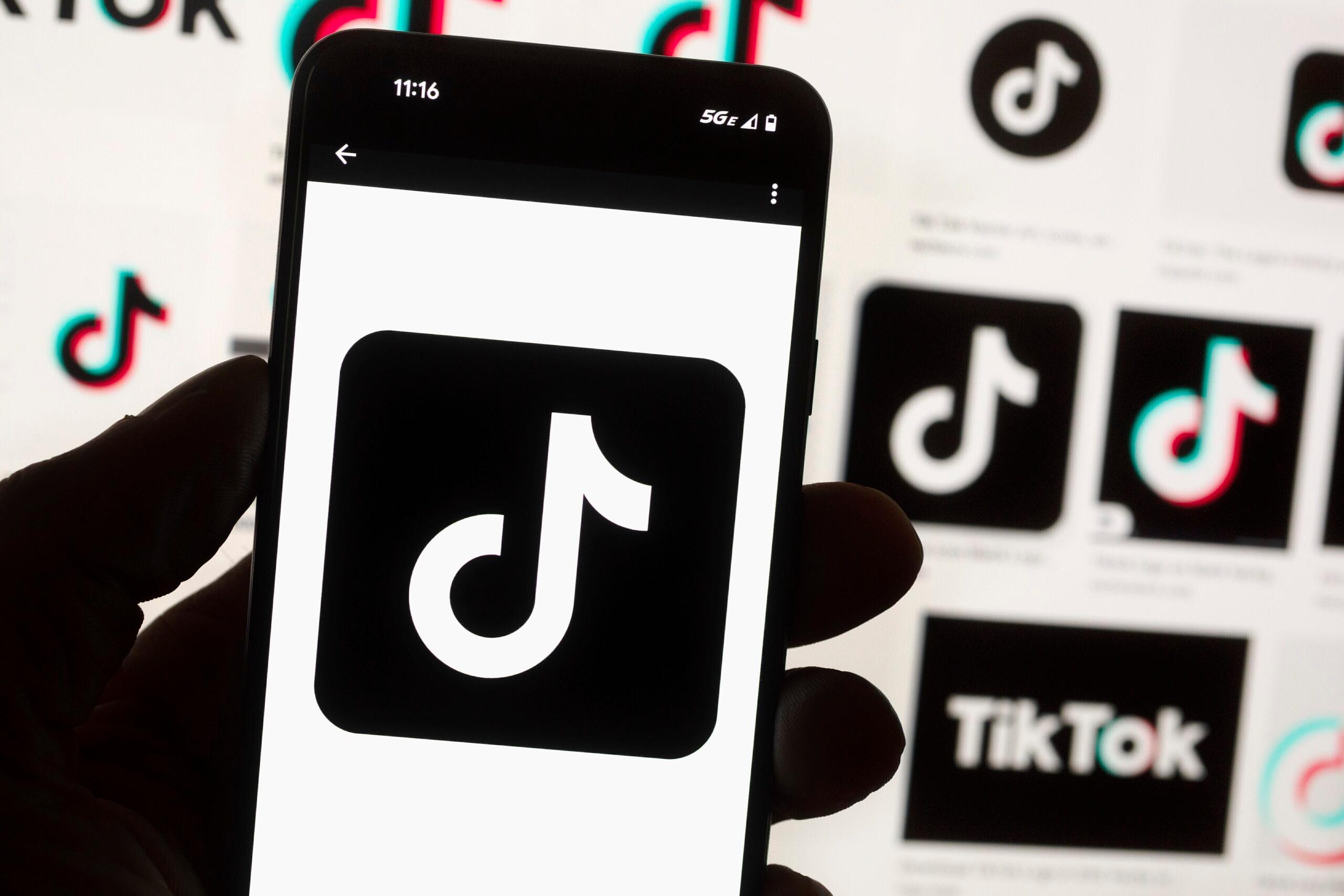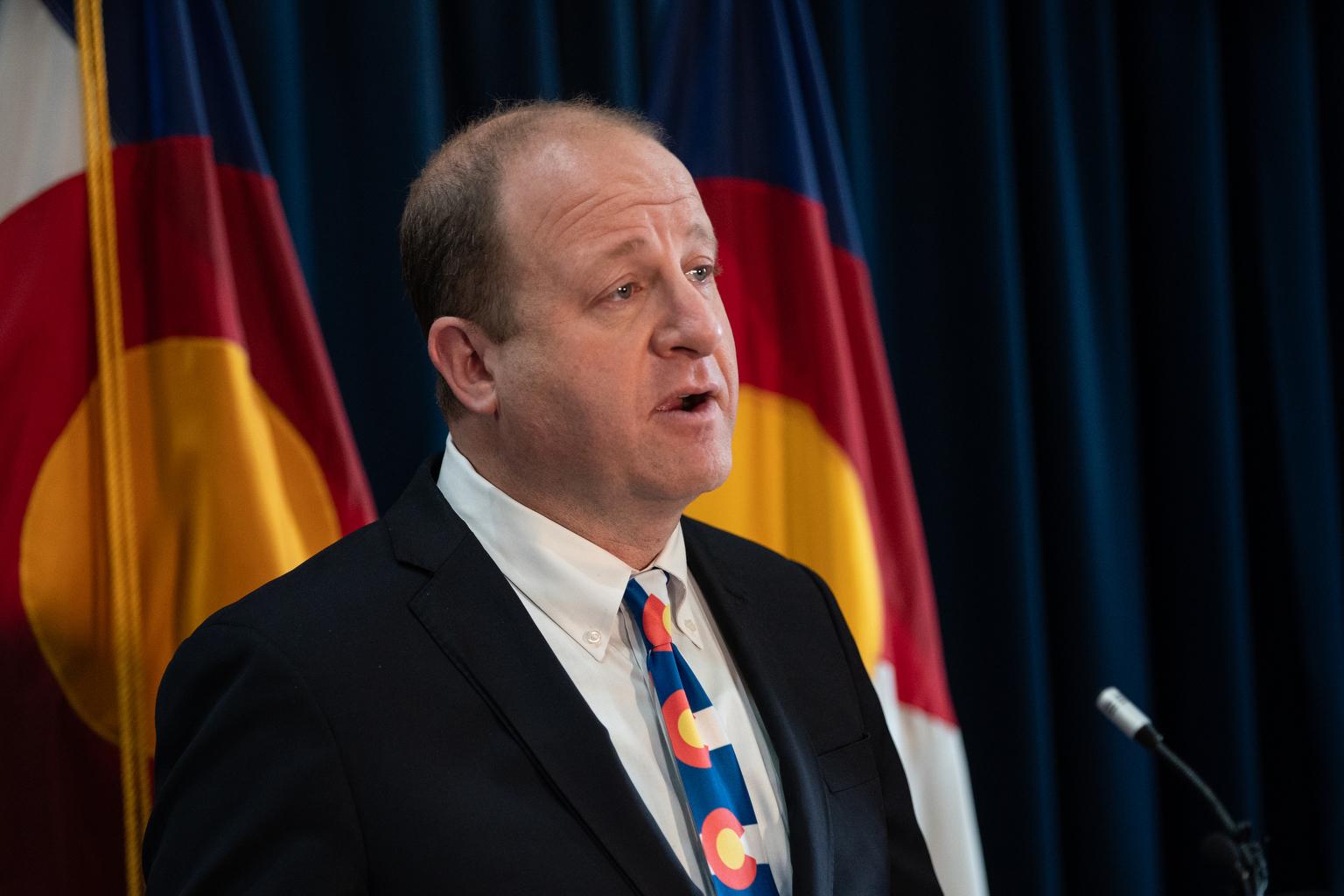
Congress is set to take a big step Wednesday on a bill that could lead to a nationwide ban of the popular social media app TikTok.
The U.S. House is considering a bipartisan bill that would force the Chinese company behind the app, ByteDance, to sell its ownership or risk being banned from U.S. app stores. The bill is from Rep. Mike Gallagher of Wisconsin and Rep. Raja Krishnamoorthi of Illinois, who lead the House Select Committee on the Chinese Communist Party.
Denver Rep. Diana DeGette voted for the bill in committee, where it passed 50-0, along with another bill that would stop data brokers from selling or giving access to personal data to foreign adversaries.
“These bills do not ban TikTok – these bills require TikTok to separate itself from control of the Chinese Communist Party. Together they protect our national security and safeguard Americans’ data,” DeGette in a statement. Like many other congressional officers, hers has been getting calls on the issue.
“As long as ByteDance has ties to the Chinese Communist Party, Congress should not allow them to operate in the United States,” said GOP Rep. Doug Lamborn. He also stressed the goal is not to ban Tiktok, “but rather prohibiting businesses from allowing our adversaries to collect data on millions of Americans.”
It’s a rare issue that’s found support on both sides of the aisle and the White House.
Intelligence officials briefed House lawmakers Tuesday afternoon ahead of the vote.
Republican Rep. Ken Buck has been sounding the alarm about TikTok for years. One of the first pieces of legislation Buck introduced this Congress was the No TikTok on United States Devices Act, which would impose sanctions on ByteDance so long as it’s involved with TikTok.
In early March he said on social media that “TikTok is a surveillance tool of the CCP…Ban TikTok now.”
TikTok said it has not passed U.S. user data to the Chinese government and has taken steps through what it’s calling Project Texas to store all U.S. user data in the United States.
"This legislation has a predetermined outcome: a total ban of TikTok in the United States. The government is attempting to strip 170 million Americans of their Constitutional right to free expression. This will damage millions of businesses, deny artists an audience, and destroy the livelihoods of countless creators across the country,” said a TikTok spokesperson.
Still, Democratic Rep. Brittany Pettersen said she will vote for the bill due to national security concerns. “I think it’s an unfortunate reality that this platform can be utilized in a very negative way for citizens here in the U.S.”
A spokesperson for Democratic Rep. Joe Neguse has said he’ll also vote for the bill.
Republican House leaders expressed confidence the bill will pass, while President Joe Biden has committed to signing the bill if it makes it to his desk.
Other Colorado lawmakers, though, were still evaluating the bill as of Monday night.
Democratic Rep. Jason Crow, who sits on the House Intelligence Committee, said he’s been apprised of the issues involved with TikTok “and I do have concerns.” He said he’s still assessing the bill and “gathering constituent feedback on it.”
Democratic Rep. Yadira Caraveo, a pediatrician, said when it comes to social media, she’s been more focused on its potential negative impact on children’s mental health, but was also looking at the merits of the bill.
Republican Rep. Lauren Boebert also has not taken an official stance on the bill, but said “I tend to agree with President (Donald) Trump’s remarks.”
The former president has come out against banning the app. “There's a lot of good and there's a lot of bad with TikTok, but the thing I don't like is that without TikTok, you're going to make Facebook bigger, and I consider Facebook to be an enemy of the people, along with a lot of the media," Trump to CNBC Monday. It was a reversal of his former position in 2020, when his administration tried to ban TikTok and WeChat, a messaging app also owned by a Chinese firm, from U.S. App stores.
Other lawmakers from both sides of the aisle have said they will vote against the bill. Their opposition stems from issues such as targeting a specific company, the impact it will have on business and content creators, or First Amendment concerns.
Outlook in the Senate is a lot less clear
Even as the House moves forward, the bill’s prospects on the other side of the Capitol are murkier. Senate Majority Leader Chuck Schumer has not committed to bringing the bill to the floor, but a strong House vote could put pressure on the Democratic Leader.
Democratic Sen. John Hickenlooper indicated he could support it. “I just think that there's potential damage, potential harm to allow our adversaries important information.”
But he added the details matter. For example, would ByteDance have to divest 100 percent or could it maintain a minority share?
Democratic Sen. Michael Bennet said he hasn’t had a chance to study the House bill, “but generally speaking, I think that it would be good to have (ByteDance) divest, if it can be enforced.”
He, too, has had longstanding national security concerns over the company’s ownership.
Bennet urged Apple and Google to remove TikTok last February. “I think that was a good idea, was something we wouldn’t have to legislate — they could simply do. And here we are all these months later and now there is a broader effort to deal with it because, I think, people understand the national security implications that are at work.”
Like the House, there have been different bills offered to deal with the issue. Bennet is a sponsor of the RESTRICT Act, which would give the Commerce Department and the White House the authority to ban or restrict technology products from foreign adversaries.
TikTok has been pushing its supporters to contact lawmakers to object to the bill and, according to CNN, has been trying to get meetings with senators. Bennet met with Shou Zi Chew last year, but is not meeting with him again. “I don’t think the CEO of TikTok will be any more persuasive this time they come to the Capitol than he was the last time he came to the Capitol.”
GOP Sen. Josh Hawley, who earlier this Congress introduced the companion bill to Buck’s bill to ban TikTok, protects “very tough sledding” for any TikTok bill in the Senate.
“The Senate floor is bought and paid for by Big Tech. That's what will control what happens here – it’s money,” he said. “I hope that we'll take it up. But based on my experience, so far, I'm not hugely optimistic, but maybe this will break the dam. I'm absolutely for trying.”









